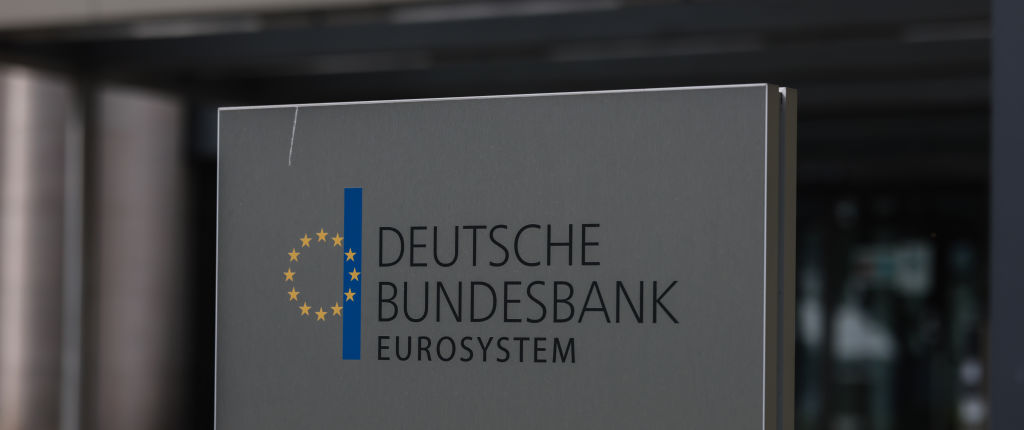Illegal migrants from outside the European Union have been able to enter the European labour market via weaknesses in the Dutch population registration system, it has been revealed.
Around 124,000 people from all corners of the world reportedly obtained a citizen service number (BSN) through the population register in recent years, Dutch newspaper NRC reported on September 11. An unknown number of these illegal migrants are in Europe without a residence permit.
Currently, four investigations are underway by the labour inspection authorities and judiciary into intermediaries who are said to have used this administrative loophole to bring illegal migrant workers into the Netherlands, it was reported.
Migrants from outside the EU can obtain a BSN through the population register, granting them access to the labour market, even without a work permit.
Ongoing investigations involve thousands of migrants from Brazil, Uzbekistan, Georgia, Moldova, Albania and elsewhere who have been illegally employed in the Dutch construction, agriculture, meat processing, hospitality and cleaning industries.
According to the interior ministry, around 124,000 people from outside the EU have received a BSN in recent years.
“An unknown proportion of them have no right of residence. The ministry has known about the weakness in the registration system for years, but has so far let it stand,” NRC reported.
Migrants can register at a municipal office under the Non-Residents Registration (RNI) system, originally meant for seasonal workers or Dutch citizens abroad.
Yet non-EU migrants can also register without providing an address or proof of legal residency. Once their identity is verified, they receive a BSN, allowing them to open bank accounts and register businesses.
Some use fake European IDs to appear eligible for work and there is no follow-up on whether they leave the country or not.
It is suspected that criminal networks advertise to and help illegal migrants with this registration progress and earn money from them in doing so.
Police have arrested several people allegedly involved in the practice on the suspicion of involvement in human trafficking and illegally employing foreigners.
The biggest group connected to the abuse of the RNI system reportedly hails from Brazil, as well as Ukrainians, Turks, Belorussians and Indians, according to the interior ministry.
Local municipalities have said they cannot take action as long as identity documents are legitimate. They are not allowed to question why a BSN was needed.
In once case, an Albanian criminal gang was said to be taking advantage of the system to fly-in people to work in the drugs trade.
Police representatives and the Dutch Labour Inspectorate have warned that the registration system has major problems and that measures taken previously to fix them have proven “inadequate”.
Nevertheless, in responding to this warning in June, the ministry [under the then-government] did not appear to be taking steps to address the issues and instead backed the immigrants.
“It is necessary to ensure that, for those registered in the RNI, no unreasonable requirements or thresholds are imposed are imposed, and that government services remain of high quality also for non-residents,” the ministry wrote at the time.
“After all, non-residents may also have a relationship with the Dutch government and must be registered in order to be able to exercise their rights and obligations, they must be registered.”
Reacting to NRC, the current administration said that “the best solutions” against abuse were being considered with “those involved in the system”. Improving the RNI system was “a top priority”, government officials stressed.





